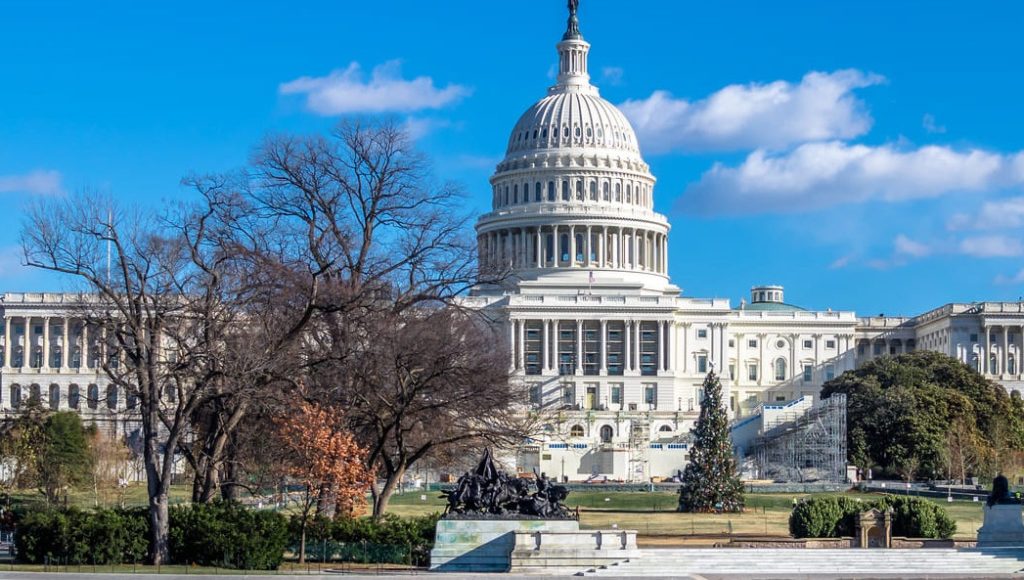
The Fee Is Free Unless You Win.
Top Rated Employment Law Firm
Protecting Families Since 1995
$400 Million Won
TABLE OF CONTENTS
What is a protected class? To understand employment discrimination, you must understand the definition of a protected class. You must also understand how a person qualifies under a protected class. The law defines employment discrimination as an employee or job applicant being treated unfairly or harassed because they are members of a protected class.
A “protected class” is a category set by federal, state, and local laws that provide protections for employees against discrimination. These categories cover many characteristics including race, religion, sex/gender, national origin, disability, age, and many more. When you receive unfair treatment because you are part of this group of people, you have become the victim of discrimination.
Depending on the federal law, there are several protected classes. Title VII of the Civil Rights Act of 1964 lists protected classes as:
Under the Age Discrimination in Employment Act (ADEA) of 1967, anyone over 40 is a protected class.

Under the Americans with Disabilities Act (ADA), any person with a disability is considered part of a protected class. Covered disabilities include:
The Genetic Information Nondiscrimination Act of 2008 makes genetic information a protected class. Therefore, it is illegal for an employer to make an unfair decision or harass you based on your genetic information learned through genetic testing or family health histories.
The Uniformed Services and Reemployment Rights Act (USRRA) of 1994 protects current and former military members from adverse employment actions.
The federal laws and state laws regarding protected classes are somewhat similar. However, different states offer more protection, while some states may redefine the terms of the protection.
Depending on the state in which you live, protected classes may allow you more leverage in the state and local courts. Each state and city may offer protections that vary from each other and federal law. Here are some areas in states that differ from federal law.
Discover how our expertise has helped clients overcome their legal challenges and achieve successful outcomes.
View All TestimonialsDuring the time that I really needed a good counselor and I was approaching different attorneys unfortunately before they heard the problem they were demanding a retainer fee. A friend of mine introduced me to the Derek Smith Law Group and I was very fortunate to be answered by Matt Finkleberg who was very polite and understanding and gave me a lot of confidence without asking for any fees in f... Read Full Testimonial
Matt Finkleberg is by far the best attorney I’ve ever hired!
Matt Finkelberg is an outstanding attorney. It was a pleasure to have him represent me for my employment case. He was very easy to talk to. He was very supportive and knowledgeable throughout the whole process. He explained the entire process to me and kept me informed every step of the way. Matt fought diligently throughout my case to make sure my case was represented best. I am very gratef... Read Full Testimonial
Matt Finkelberg is a top notch lawyer. He is very easy to talk to and truly cared about me as his client. He definitely earned my trust and confidence in his capabilities to represent me in the most professional respects. I give Matt and his firm the Derek Smith Law Group my highest recommendation to anyone who is seeking legal help for employee/employer related matters.
Matt Finkelberg is a life saver. During this whole process not only did I have a great lawyer but I also made a great friend. Matt was very attentive to my case, and mental health. Matt helped me during probably the darkest time of my life and for that I am forever grateful to have came across the Derek Smith law group. As a past client, I 100% recommend Matt Finkleberg. Matt provides a safe sp... Read Full Testimonial
It was a pleasure to have Casey represent and help me for my employment case. It was my first time needing an attorney, so I was a bit apprehensive at first – Casey took the time to answer all of my questions and fully explain everything to me, which really put me at ease. He was very attentive, supportive, and knowledgeable throughout the whole process – Casey would ask questions to ensure... Read Full Testimonial
matt is an excellent attorney. he handled my case with the utmost care and highly exceeded all expectations. i could not recommend derek smith and esp. matt finkelberg enough
It was a pleasure to have Casey represent and help me for my employment case. It was my first time needing an attorney, so I was a bit apprehensive at first – Casey took the time to answer all of my questions and fully explain everything to me, which really put me at ease. He was very attentive, supportive, and knowledgeable throughout the whole process – Casey would ask questions to ensure... Read Full Testimonial
You will be in great hands at this firm! Alyssa the managing paralegal is an absolute professional who excels at what she does. You can tell she truly cares about providing the best service possible, and is passionate about helping her clients. With Alyssa at the helm, this firm is a top-notch choice for anyone seeking assistance. Highly recommend!
Matt Finkelberg is Amazing and Devotional! It was a pleasure to have Matt represent me for my employment case. He was very attentive, supportive, and knowledgable throughout the whole process. Whenever I reached out he responded promptly which I greatly appreciated. Matt fought diligently and hard throughout my case to make sure my case was represented best. Thank you again Matt for everything.... Read Full Testimonial
Olivia is absolutely outstanding! She understands the emotional side of your case while being able to find the legal aspects of holding the employer accountable for breaking the law! Made a really terrible situation a little easier by explaining everything and helping me get everything in order and in the right hands. I would not use anyone else! Call them for any sexual harassment case... You ... Read Full Testimonial
Our dedicated attorneys are ready to fight for your workplace rights and ensure justice!
Employment environments may not always be the best environments. No laws prevent employers from being mean. They do not prevent employers from micromanaging or treating employees unfairly for no specific reason.
However, employers may not use a protected class as a reason to treat someone unfairly. When an employer makes any negative employment decisions based on protected classes, they are violating the law.
Employment discrimination can appear in many ways. It can occur when an employer makes a negative decision based on your protected class. However, it can also occur when a coworker or client treats you unfairly based on your protected class, creating a hostile work environment.
Examples of employment discrimination based on protected class include:
If you think you experienced violations of your rights as a protected class member, contact an experienced employment lawyer to discuss your potential claim.
Federal and state laws provide protections for employees experiencing employment discrimination based on protected class status. The Equal Employment Opportunity Commission (EEOC) handles most federal cases involving employment discrimination based on protected classes.
Under the law, you can file a charge with the EEOC within 300 days of the incident. State laws provide varying time limits. It is best to consult with your employment discrimination attorney to determine the best laws to follow for your case.

Depending on the protected class violation, you may have the right also to file a claim under state anti-discrimination laws. To determine your rights as a victim of discrimination based on your protected class status, contact a dedicated employment discrimination attorney. They can help you sort through your claim’s details and guide you towards the most appropriate laws to help your claim.
The law is on your side. You are entitled to work in a place that is free from harassment and discrimination based on your protected class status.
If your rights under the rules of protected classes are violated in New York City, Philadelphia, Miami, Los Angeles, or New Jersey, the experienced employment discrimination attorneys at the Derek Smith Law Group can help.
Did Your Employer Target You Based on Your Protected Class Status? Do You Have Questions About Protected Classes? Please Ask Us Your Questions at 800.807.2209 or Email us at
Our experienced legal team provides reliable services in key U.S. cities, ensuring expert assistance for workplace discrimination and employment law matters wherever you are located.
 New York City
New York City
 New Jersey
New Jersey
 Philadelphia
Philadelphia
 Miami
Miami
 Los Angeles
Los Angeles
 San Francisco
San Francisco
 San Diego
San Diego
 Washington DC
Washington DC
Our experienced employment lawyers are dedicated to resolving your workplace rights concerns with expertise and care.